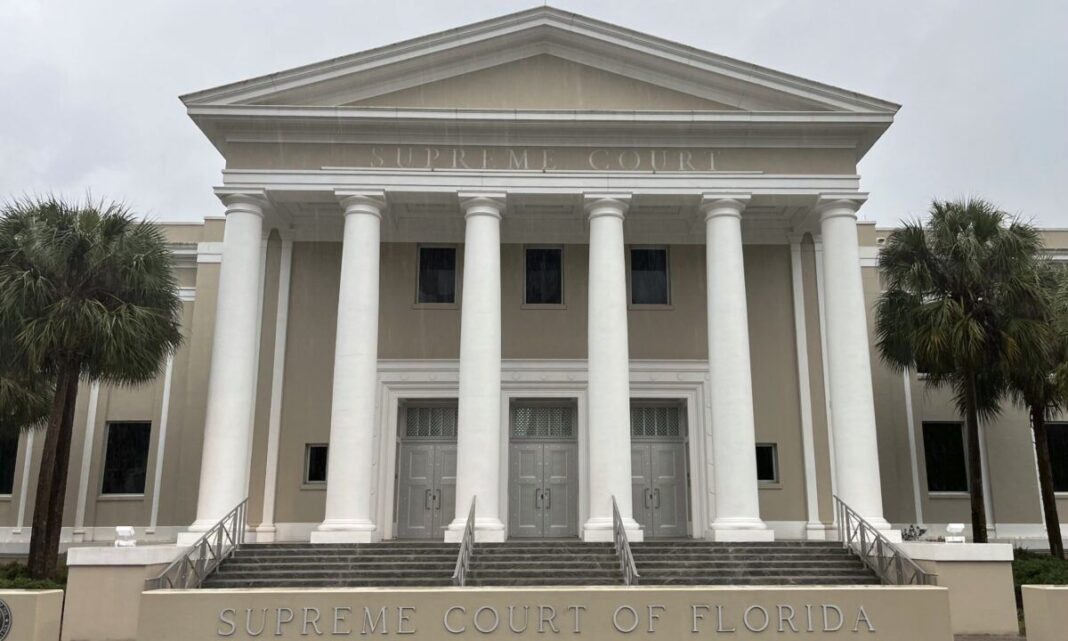Two prominent conservative law professors have concluded that Donald J. Trump is ineligible to be president under a provision of the Constitution that bars people who have engaged in an insurrection from holding government office. The professors are active members of the Federalist Society, the conservative legal group, and proponents of originalism, the method of interpretation that seeks to determine the Constitution’s original meaning.
The professors — William Baude of the University of Chicago and Michael Stokes Paulsen of the University of St. Thomas — studied the question for more than a year and detailed their findings in a long article to be published next year in The University of Pennsylvania Law Review.
“When we started out, neither of us was sure what the answer was,” Professor Baude said. “People were talking about this provision of the Constitution. We thought: ‘We’re constitutional scholars, and this is an important constitutional question. We ought to figure out what’s really going on here.’ And the more we dug into it, the more we realized that we had something to add.”
He summarized the article’s conclusion: “Donald Trump cannot be president — cannot run for president, cannot become president, cannot hold office — unless two-thirds of Congress decides to grant him amnesty for his conduct on Jan. 6.”
There is, the article said, “abundant evidence” that Mr. Trump engaged in an insurrection, including by setting out to overturn the result of the 2020 presidential election, trying to alter vote counts by fraud and intimidation, encouraging bogus slates of competing electors, pressuring the vice president to violate the Constitution, calling for the march on the Capitol and remaining silent for hours during the attack itself.
“It is unquestionably fair to say that Trump ‘engaged in’ the Jan. 6 insurrection through both his actions and his inaction,” the article said.
Steven G. Calabresi, a law professor at Northwestern and Yale and a founder of the Federalist Society, called the article “a tour de force.”
But James Bopp Jr., who has represented House members whose candidacies were challenged under the provision, said the authors “have adopted a ridiculously broad view” of it, adding that the article’s analysis “is completely anti-historical.”








